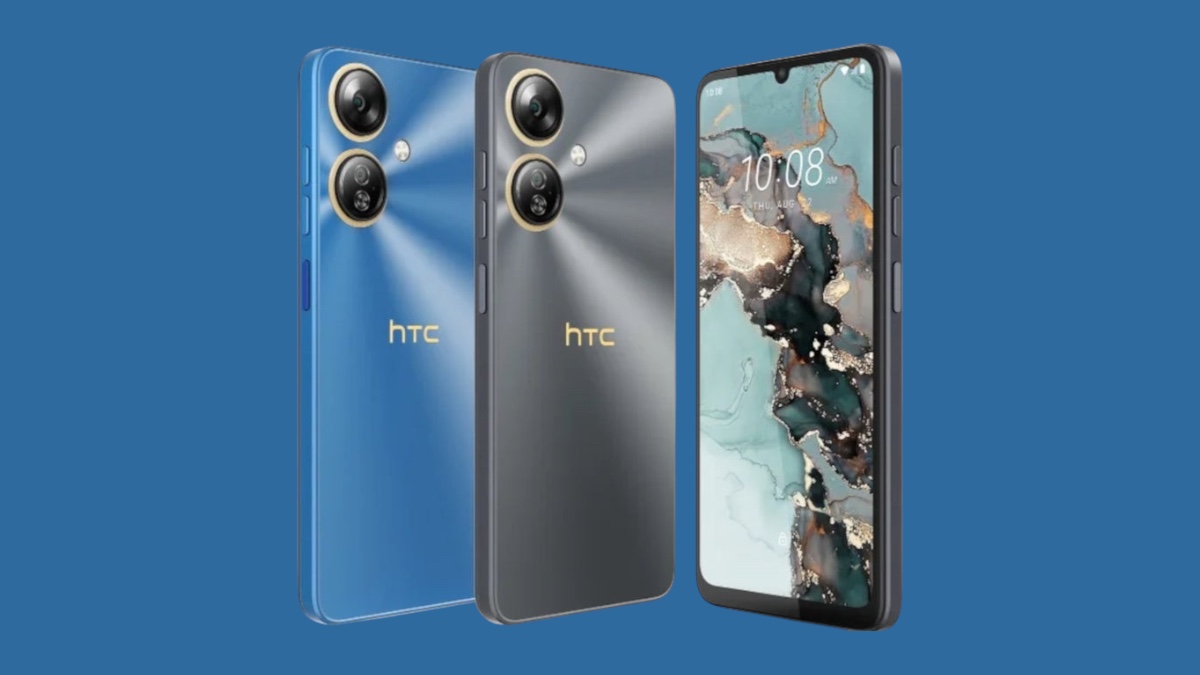The cinematic landscape is often painted with broad strokes, where genres intertwine and influences converge. “Love Hurts,” starring Ke Huy Quan in his first live-action role since his Oscar-winning performance in “Everything Everywhere All at Once,” attempts to carve its own niche within this landscape. The film, directed by first-time feature director Jonathan Eusebio, who boasts a rich background as a stunt coordinator in films like the “Bourne” and “John Wick” franchises, blends the expected martial arts action with the unexpected tenderness of a romantic comedy, all while drenched in a rather gratuitous amount of gore. But does this concoction of genres and styles result in a delectable cinematic feast, or does it leave a lingering aftertaste of disappointment?
Love Hurts
“Love Hurts” introduces us to Marvin Gable (Ke Huy Quan), a seemingly cheerful realtor harboring a dark secret: he’s a retired hitman for his crime boss brother, Knuckles (Daniel Wu). His past catches up with him when his former sweetheart and target, Rose (Ariana DeBose), resurfaces after stealing millions from the mob. Rose, tired of living in the shadows, seeks revenge on those who wronged her, including a nervous accountant played by Rhys Darby. As Valentine’s Day approaches, Marvin finds himself torn between his past life and his rekindled feelings for Rose.
The narrative, however, is often hampered by an over-reliance on voiceover narration. While intended to clarify the plot and themes, the narration, which even switches to Rose at one point, feels like a crutch, suggesting a lack of confidence in the storytelling. This constant exposition disrupts the flow of the narrative and prevents the audience from fully immersing themselves in the story’s emotional core.
Given Eusebio’s background as a stunt coordinator, it’s no surprise that the action sequences are the film’s strongest element. The choreography is crisp and dynamic, showcasing Quan’s martial arts prowess. However, the film’s excessive use of gore often overshadows the action. The violence, while stylized, feels gratuitous and detracts from the emotional impact of the scenes. It’s as if the film is trying too hard to shock the audience, sacrificing substance for shock value. The “ick” factor, as the original review aptly puts it, is dialed up to eleven, making it difficult to appreciate the skill and precision of the fight choreography.
“Love Hurts” attempts to balance its action-heavy narrative with the tropes of a romantic comedy. However, the romantic aspect of the film feels underdeveloped. The chemistry between Quan and DeBose is lukewarm, and their relationship lacks the emotional depth needed to resonate with the audience. The film introduces a subplot involving Marvin’s fellow realtor, Ashley (Lio Tipton), and a mystical assassin named The Raven (Mustafa Shakir), which provides some much-needed romantic relief. However, this subplot feels disconnected from the main narrative and ultimately serves as a distraction rather than an enhancement.
It’s impossible to discuss “Love Hurts” without acknowledging the shadow of “Everything Everywhere All at Once.” Quan’s presence inevitably draws comparisons between the two films. While “Everything Everywhere” masterfully blended its disparate elements, “Love Hurts” struggles to find a cohesive balance. The film borrows elements from “Everything Everywhere,” such as the martial arts action in everyday settings and the exploration of life lessons, but it fails to capture the same magic. The result is a film that feels derivative rather than innovative.
The film’s visual style, while competent, lacks a distinctive personality. It draws inspiration from Edgar Wright’s work, particularly “Scott Pilgrim vs. the World” and “Hot Fuzz,” but these influences feel more like imitation than genuine homage. A visual gag involving Marvin jumping over garden fences evokes “Hot Fuzz,” but it feels forced and out of place. The film’s settings, primarily nondescript offices, suburban homes, and empty clubs, further contribute to its generic feel.
While the central romance falls flat, the supporting cast provides some bright spots. Tipton’s portrayal of Ashley adds a touch of quirky charm, and her interactions with Shakir’s mysterious Raven offer a welcome respite from the film’s more violent moments. The reunion of Quan and Sean Astin, who plays Marvin’s Stetson-wearing mentor, will likely pique the interest of “Goonies” fans, but their scenes together are brief and ultimately forgettable. Rhys Darby, as the sniveling accountant, delivers his signature comedic timing, but his character is underdeveloped and serves primarily as a plot device.
“Love Hurts” is a film that struggles to find its own identity. It borrows elements from other successful films, but it fails to synthesize them into a cohesive whole. The excessive gore detracts from the action, the romantic subplot feels underdeveloped, and the narrative is hampered by an over-reliance on voiceover narration. While Quan’s presence and the occasional flashes of well-choreographed action provide some entertainment value, they are not enough to elevate the film beyond mediocrity. As a Valentine’s Day treat, “Love Hurts” is the cinematic equivalent of a wilted bouquet from a petrol station forecourt.





